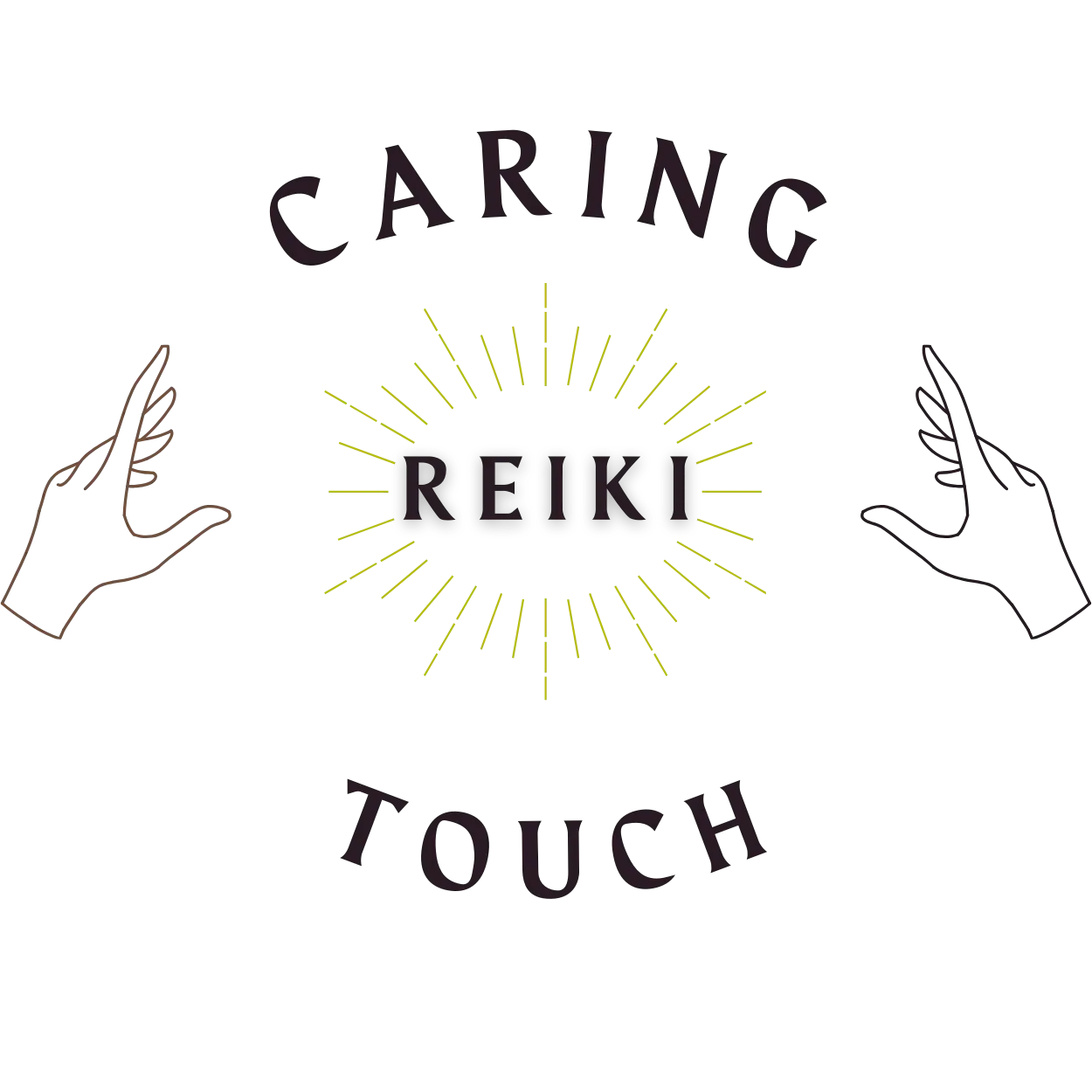The Effect of Reiki Therapy on Different Types of Pain
Reiki therapy, a gentle and holistic practice, has garnered attention for its potential effects on various types of pain.
Many individuals experiencing chronic pain, such as that associated with conditions like arthritis or fibromyalgia, have reported a noticeable reduction in discomfort following Reiki sessions. The calming nature of Reiki may help alleviate stress, which is often a contributing factor to the exacerbation of pain symptoms.

In addition to chronic pain, Reiki therapy has also been explored for its efficacy in managing acute pain.
Whether arising from surgical procedures, injuries, or other medical interventions, acute pain can be debilitating. Practitioners have observed that Reiki can facilitate the healing process, potentially leading to a quicker recovery and less reliance on pain medications.
Patients undergoing Reiki sessions often describe feelings of deep relaxation and a sense of well-being, which can be invaluable in their healing journey.
Furthermore, the practice of Reiki encourages an overall sense of emotional balance, which may play a crucial role in pain management.
By addressing both physical and emotional aspects of pain, Reiki therapy offers a comprehensive approach that resonates with many seeking alternative or complementary treatments. As more research emerges, the understanding of Reiki’s impact on pain continues to evolve, highlighting its potential as a supportive therapeutic modality.
How Can You Incorporate Reiki into Your Pain Management Routine?

Incorporating Reiki into your pain management routine can be a gentle and supportive approach.
Begin by finding a quiet space where you feel comfortable and relaxed. You may want to consider scheduling regular Reiki sessions with a certified practitioner, which can help you experience the full benefits of this healing technique. Additionally, you can learn some simple Reiki self-treatment methods that allow you to channel energy for your own pain relief at home.
Combining Reiki with other pain management strategies, such as mindfulness or deep breathing exercises, can enhance your overall experience. Remember to approach your journey with an open heart and mind, allowing yourself to explore the potential of Reiki in a way that feels right for you.
Each individual’s experience may vary, so be patient and attentive to your body’s responses.
Debunking Myths Surrounding Reiki and Pain Management

Combining Reiki with traditional pain management techniques has emerged as a holistic approach to addressing discomfort and enhancing overall well-being.
the gentle touch and soothing energy of Reiki can help alleviate anxiety and stress that often accompany chronic pain conditions. This synergy not only supports the body’s natural healing mechanisms but also fosters a sense of empowerment in patients as they actively participate in their recovery.
It is essential for healthcare providers to consider the benefits of incorporating Reiki into treatment plans, as this can lead to improved patient satisfaction and outcomes.
Research and anecdotal evidence suggest that when Reiki is used alongside traditional pain management techniques, it may lead to reduced reliance on pharmaceuticals, thereby minimizing potential side effects.
As more individuals seek integrative health solutions, the collaboration between these modalities can pave the way for a more compassionate and effective approach to pain management.
Understanding the Emotional Aspects of Pain and Reiki
Understanding the emotional aspects of pain is crucial in addressing both physical and psychological well-being. Many individuals experience pain not just as a physical sensation, but also as an emotional burden that can impact their overall quality of life. By acknowledging this connection, we can better appreciate the holistic approaches available for healing.
The Connection Between Pain and Anxiety in Adults
The intricate connection between pain and anxiety in adults is an area of growing interest among healthcare professionals.
Many individuals experiencing chronic pain often report heightened levels of anxiety, which can complicate their overall well-being. This relationship may stem from the body’s natural response to pain, triggering feelings of fear and helplessness.
Furthermore, the experience of living with persistent pain can lead to a cycle where anxiety exacerbates the sensation of pain, creating a challenging environment for recovery. Understanding this connection is crucial for developing effective treatment strategies that address both pain management and anxiety alleviation, ultimately enhancing the quality of life for those affected.

In addition to alleviating pain, Reiki can also serve as an effective tool for addressing anxiety. The calming effects of the treatment create a safe space for individuals to explore their feelings, ultimately leading to a greater sense of emotional balance.
By promoting relaxation and encouraging the flow of positive energy, Reiki can help individuals find relief from physical discomfort and emotional distress. Many people have reported experiencing a significant reduction in their pain levels after a Reiki session, as the practice fosters a deep sense of peace and well-being.
The Reiki experience often influences individuals to explore their emotional responses, lifestyle arrangements, identify and understand the emotional and anxiety related connection(s) to influencing both chronic pain and quality of life.
What Are the Benefits of Reiki for Chronic Pain Management?
By promoting a state of deep relaxation, Reiki helps to alleviate stress and tension, which can exacerbate pain symptoms.
Reiki can foster a greater sense of mindfulness and emotional balance, enabling patients to cultivate a more positive outlook on their health. As individuals learn to connect with their bodies on a deeper level, they may discover effective coping mechanisms that empower them to manage their pain more effectively.+
Incorporating Reiki into a comprehensive pain management plan can enhance the body’s natural healing processes, offering a holistic approach that complements traditional medical treatments. This synergy can lead to improved quality of life for those affected by chronic pain.
Reiki helps individuals release emotional blockages that may contribute to their physical discomfort. This gentle energy healing practice fosters a state of calm, allowing individuals to connect with their inner selves and process their emotions in a safe space.
Reiki encourages a positive mindset, which can be crucial in managing chronic pain. As recipients experience feelings of peace and well-being, they often report a decrease in anxiety and stress levels, which are commonly associated with pain. This holistic approach not only addresses physical symptoms but also nurtures emotional resilience.
Many individuals who have experienced Reiki report a noticeable reduction in their overall discomfort levels, suggesting that this practice may alter the way pain is processed by the body and mind.
Research indicates that regular sessions of Reiki can lead to lasting changes in stress levels, which in turn can influence pain management. By promoting relaxation and enhancing feelings of well-being, Reiki may help individuals cope with chronic pain conditions more effectively over time.
The mindful aspect of Reiki encourages participants to connect with their bodies, fostering a deeper understanding of their pain and its triggers. This holistic approach not only supports physical healing but also nurtures emotional resilience, ultimately contributing to an improved quality of life for those who incorporate it into their long-term wellness strategies


Stress builds inside of us, and we are all in need of self-care. There is no denying our stress. Please don’t feel guilt in longing for self-care. Without taking care of ourselves, we cannot properly achieve our goals, nor give full love and care to others.
Please visit my site or send me a message should you wish to learn more. Thank you for spending your time with me.
elizabeth@caringtouchreiki.com

